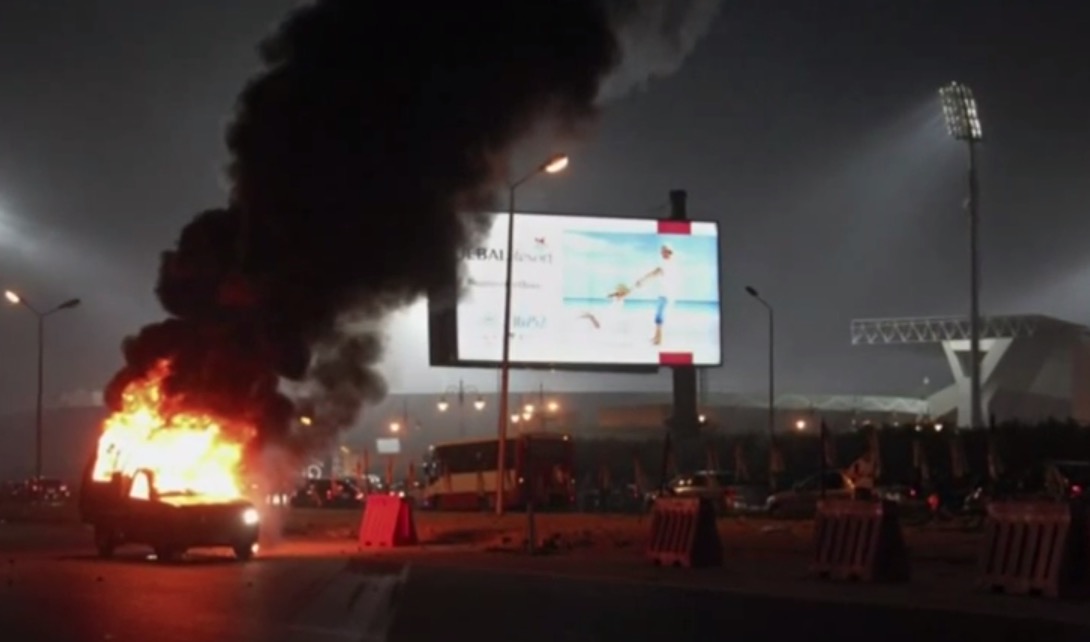Egypt suspends soccer league after deadly pregame melee


A free daily email with the biggest news stories of the day – and the best features from TheWeek.com
You are now subscribed
Your newsletter sign-up was successful
On Sunday night, the cabinet of Egyptian President Abdel-Fattah el-Sissi indefinitely suspended Egypt's national soccer league, hours after at least 25 soccer fans were killed during a confrontation with police at a suburban Cairo stadium. The dead were hard-core fans, or Ultras, of the Zamalek Club. The death toll is expected to rise.
After a deadly 2012 riot at a soccer game in Port Said, in which 74 people died, Egypt largely shut fans out of the games; for Sunday's match, they sold only 5,000 tickets. Ticketless fans gathered outside anyway, and Egypt's interior minister originally said "the Zamalek fans tried to get in by force, and we had to prevent them from damaging public property." State media later blamed the deaths on "a stampede" when more than 6,000 Ultras "tried to break in." The Zamalek fans, or White Knights, say police incited the stampede by firing tear gas into a crowded corridor jammed with fans.
Ultras were often in the front lines of the protests that ultimately unseated President Hosni Mubarak, and are known for their run-ins with police. These deaths are a real black eye for Sissi, soccer blogger James M. Dorsey tells The New York Times. "It becomes increasingly difficult to argue that you have re-established security and law and order when you can't afford to open the stadiums," he said, adding that authoritarian government have a particularly hard time consulting soccer stadiums. The Associated Press has some images of the incident below. —Peter Weber
The Week
Escape your echo chamber. Get the facts behind the news, plus analysis from multiple perspectives.

Sign up for The Week's Free Newsletters
From our morning news briefing to a weekly Good News Newsletter, get the best of The Week delivered directly to your inbox.
From our morning news briefing to a weekly Good News Newsletter, get the best of The Week delivered directly to your inbox.
A free daily email with the biggest news stories of the day – and the best features from TheWeek.com
Peter has worked as a news and culture writer and editor at The Week since the site's launch in 2008. He covers politics, world affairs, religion and cultural currents. His journalism career began as a copy editor at a financial newswire and has included editorial positions at The New York Times Magazine, Facts on File, and Oregon State University.
